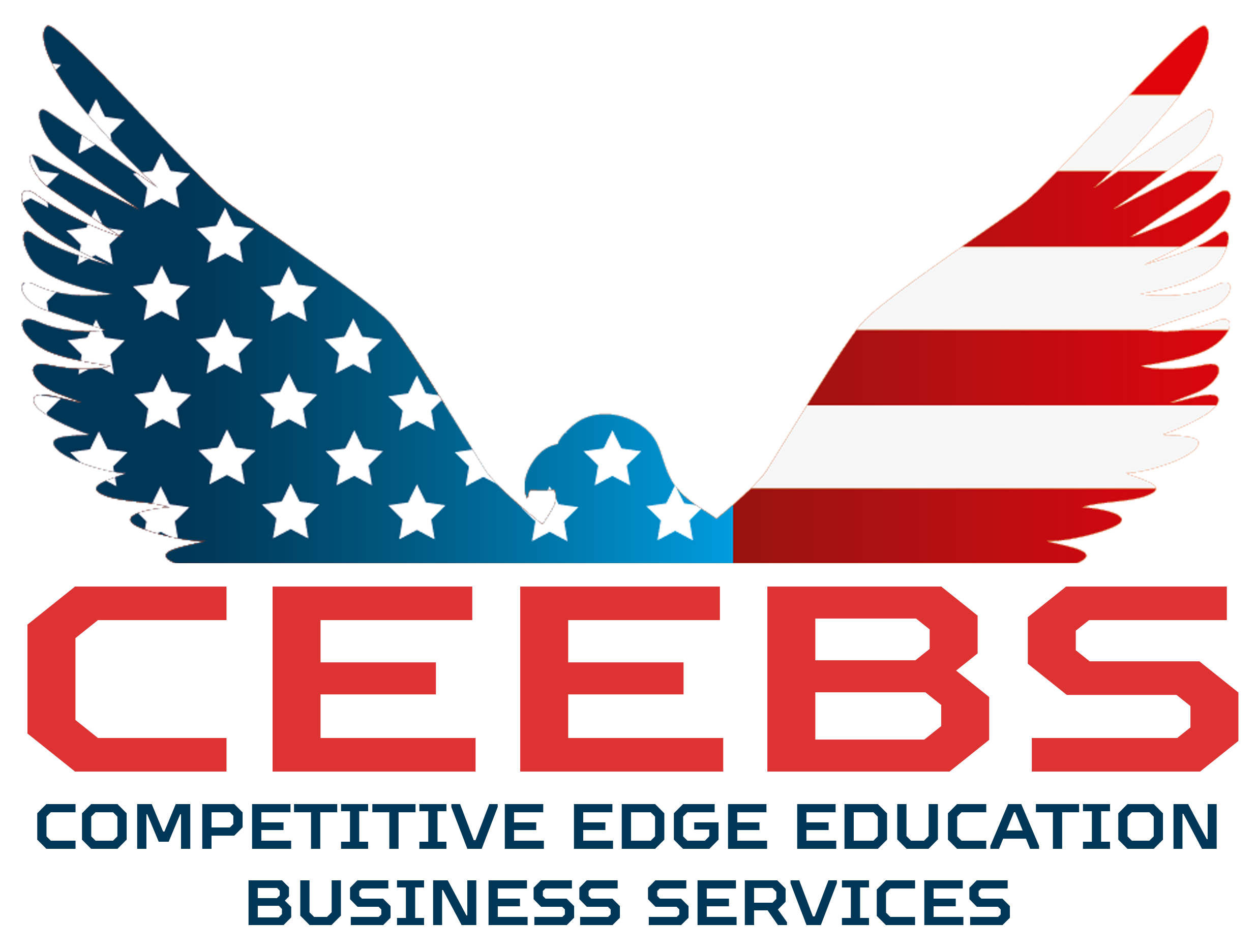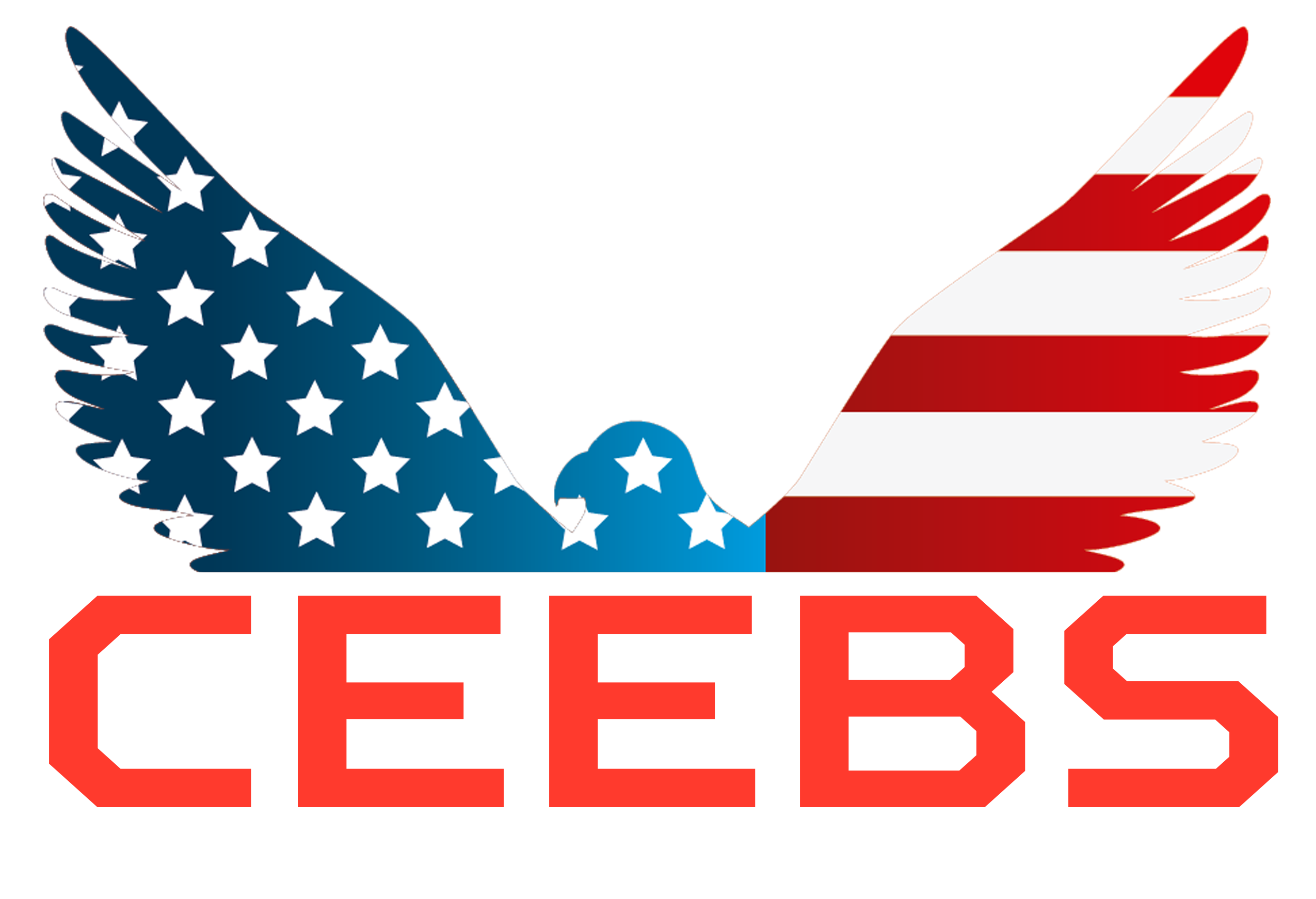
In my recent experiences, college tours, admissions open houses, and accepted student days have started to feel more like selling cars than offering higher education. Prospective students and their families are increasingly treating college as a product with various features and options, akin to shopping for a new car. The negotiation skills I’ve honed in car lots are proving surprisingly useful when discussing financial aid packages.
Generation Z (Gen Z), also known as IGen—a term coined by Dr. Jean Twenge, a notable author, researcher, and psychologist—comprises those born after 1995. Twenge notes that Gen Z socializes in entirely new ways, rejects many traditional social taboos, and has different expectations for their lives and careers. Jeff Selingo, in his article “The New Generation of Students: How Colleges Can Recruit, Teach and Serve Gen Z,” highlights that this generation prioritizes practical subjects with clear career paths. Growing up during the Great Recession, they’ve witnessed economic instability firsthand and are wary of student loan debt without guaranteed career benefits. They are savvy consumers who want the best value for their investment in education.
Customization: The Key to Attracting Gen Z
To appeal to Gen Z students, colleges must offer customization. This generation demands detailed information about courses, experiences, programs, and degrees. They want to understand the value and relevance of every aspect of their education. This need for customization extends beyond academics. Gen Z students expect personalized experiences in all areas of college life.
The Classroom and Beyond: Flexible and Experiential Learning
In the classroom, customization means providing flexible learning opportunities that include face-to-face, virtual, and experiential learning. Gen Z values practical applications of their studies and expects clear connections between course content and career skills. To meet these expectations, colleges must be explicit about student learning outcomes and how they align with skill development.
Outside the classroom, colleges must rethink co-curricular activities. Traditional themed housing and course clusters may not be enough. High-impact practices that offer collaboration and creativity are essential. One innovative approach could be academic “innovation incubators,” modeled after business incubators. These spaces would allow students and faculty to engage in experiential education activities, benefiting from mentorship, expertise, and networking opportunities.
Innovating for the Future
As we design new learning experiences for Gen Z, we should also consider creating spaces for university employees to innovate together. This collaborative approach will help us stay ahead of the needs of future generations of students. We must seize the opportunity to adapt and innovate now, ensuring that we are prepared for the next wave of students.
Generation Z will only be with us for another 10-15 years before a new generation arrives. We can’t afford to spend years researching and implementing changes only to see them leave before we’ve perfected our approach. Let’s embrace the challenge and make the most of our time with Gen Z by offering a customized, flexible, and practical education that meets their needs and prepares them for the future.






